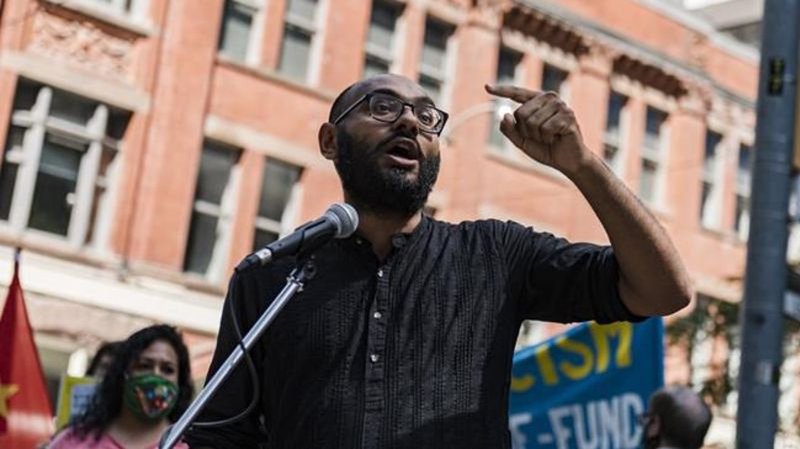
Refusal rate for immigration on humanitarian and compassionate grounds rising: data
OTTAWA — The rejection rate for permanent residency applications on humanitarian and compassionate grounds has risen sharply over the past couple of years, according to recently released figures.
“These decisions were done quietly behind closed doors and there is little public accountability in this opaque and discretionary process,” said NDP immigration critic Jenny Kwan.
Canada allows some people who would not usually meet the criteria for permanent residency to apply on humanitarian and compassionate grounds, which are considered on a case-by-case basis according to factors such as how settled someone is here or the best interests of children.
According to data the Immigration Department provided in response to an order paper question from Kwan this spring, the rate of applications refused after processing ranged from 35 to 41 per cent between 2016 and 2019. Those figures do not include applications that were withdrawn.
